Restoration of degraded forest lands through implementation of sustainable forestry practices in Chambarak community of Gegharkunik region

Project Details & Results
Former Krasnoselsk settlement received a status of a town and was renamed to Chambarak in 1994. Despite the status of a town with a population of 7,000, the majority of residents still continue their rural lifestyle, where the main activity is animal husbandry. Chambarak population primarily consists of socially vulnerable resettled people, families of deceased soldiers, which is the direct effect of the 1990s armed conflict over Nagorno-Karabakh.
In early 1990s the forests and urban green areas of Armenia suffered a lot due to the energy crisis caused by the economic and energy blockade. The same was true for Chambarak forest areas; in order to survive the cold winters, the population began cutting down the trees to use them as firewood. As a result of massive loggings in a typical alpine area of Chambarak, especially on steep forested slopes, the area faced the problem of landslides as a dominant erosion process. Therefore, if in 2009 the landslides were in Aygut community, which is 22 km far from Chambarak, in 2011 the landslide prone areas expanded intensively and reached to Ttajur community which is only 7 km far from Chambarak. Besides, the landslides are quite active, destroying and damaging many houses.
Currently, Chambarak and the surrounding areas lack forests. The clear-cut forest areas are being used for cattle grazing which further exacerbates land degradation. During USSR era, there was a state forest planting programme which included Chambarak and neighboring Getik communities. These activities had started but failed to complete - instead of 25 ha forests, only 6.4 ha were planted which were later cut by the neighboring households for firewood. Nowadays, this mountain slope area is exposed to water and wind erosion.
The local NGO acknowledges the importance of environmental problems in the project area caused by unsustainable use of forests, land and wrong agricultural practices and proposes planting a 7 ha forest on the sleep mountain slope to soothe landslides and improve livelihoods.
In view of the aforementioned, the overall objective of the project is to restore carbon stocks and mitigate land degradation in forest and non-forest lands of Chambarak community. The project aims at reducing the extent of land degradation through demonstration of sustainable land use and forest management practices and thus improving local livelihoods. The project also aims at supporting local capacity development to implement community forestry practices through education and training.
The project will produce the following outputs:
• A new public woodland park planted in Chambarak with at least 7 ha area comprising 4 varieties of trees (ash, maple, oak and pine) that are typical for this region;
• A 1.6 km-long forest stand fence established;
• A gravity irrigation network established;
• At least 30 households provided with irrigation water and get about $650 extra income annually;
• At least 200 farmers from Chambarak town and 5 neighboring communities trained on the sustainable use of natural resources (land, water, forest);
• At least 35 teachers and 200 pupils from 7 secondary schools trained on global environmental issues;
• NGO booklets and project information leaflets produced and distributed, a project banner set;
• The capacities of local NGOs/CBOs and community-level stakeholders developed to raise ecological problems and involve new interested parties to address the global environmental issues;
• At least two articles highlighting the project activities, achievements and knowledge published in the newspaper.
.png&w=3840&q=75)
Subscribe for our news
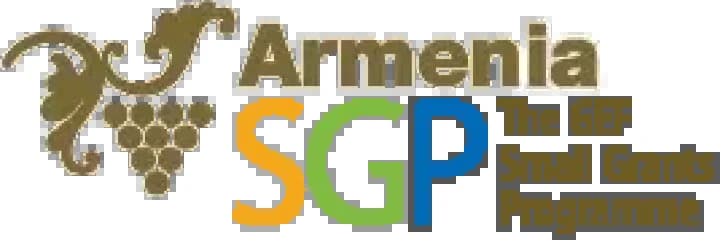


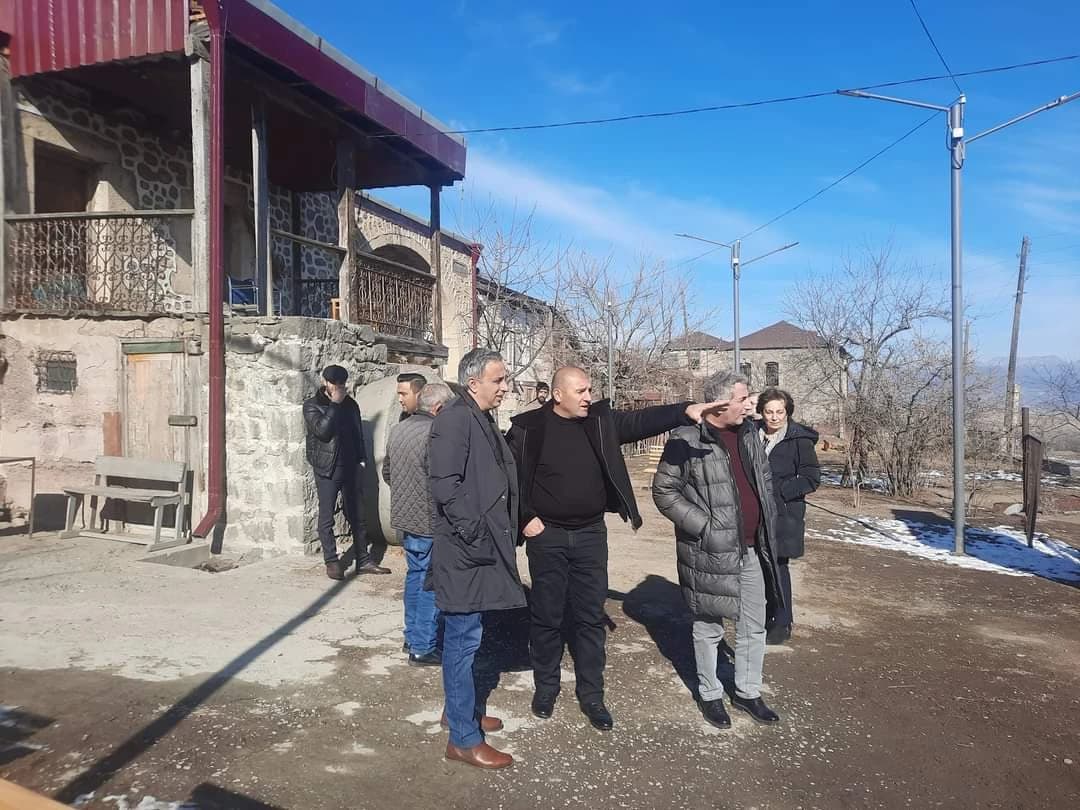
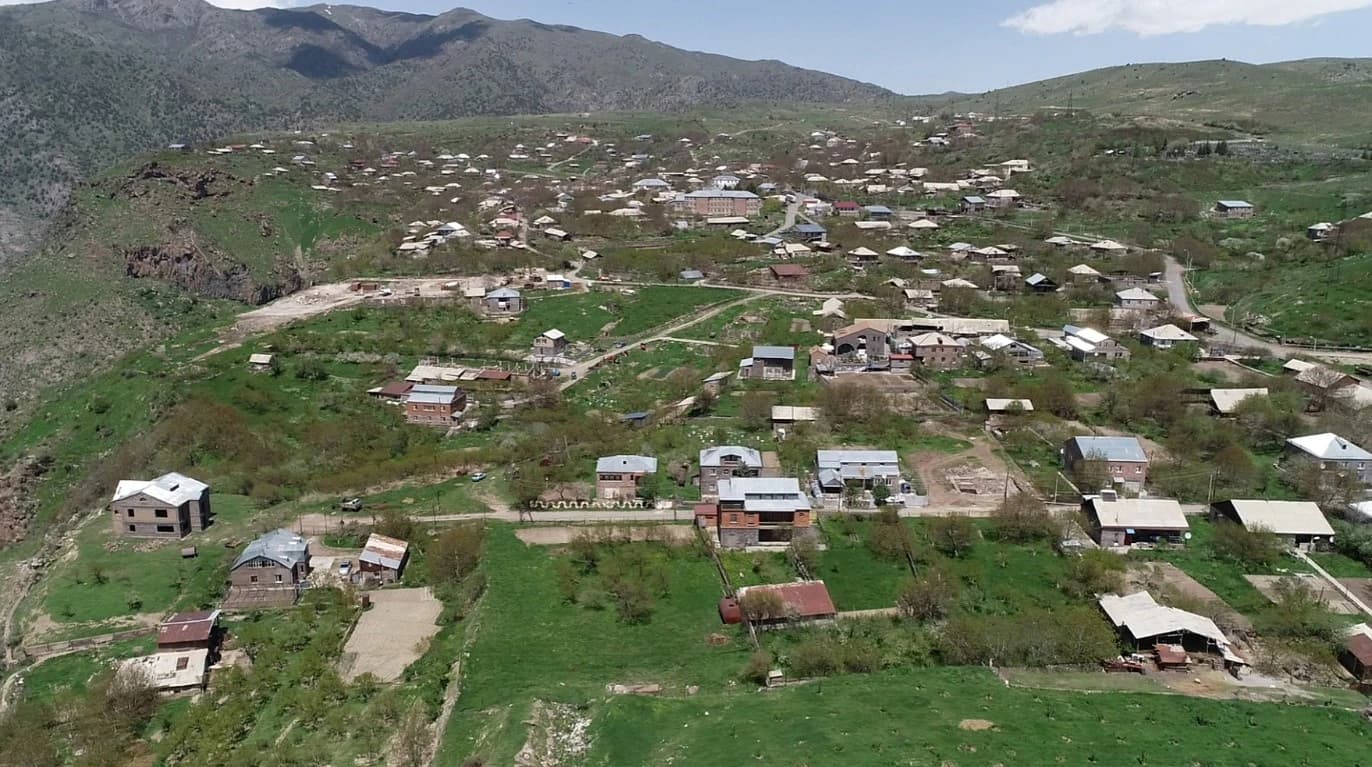
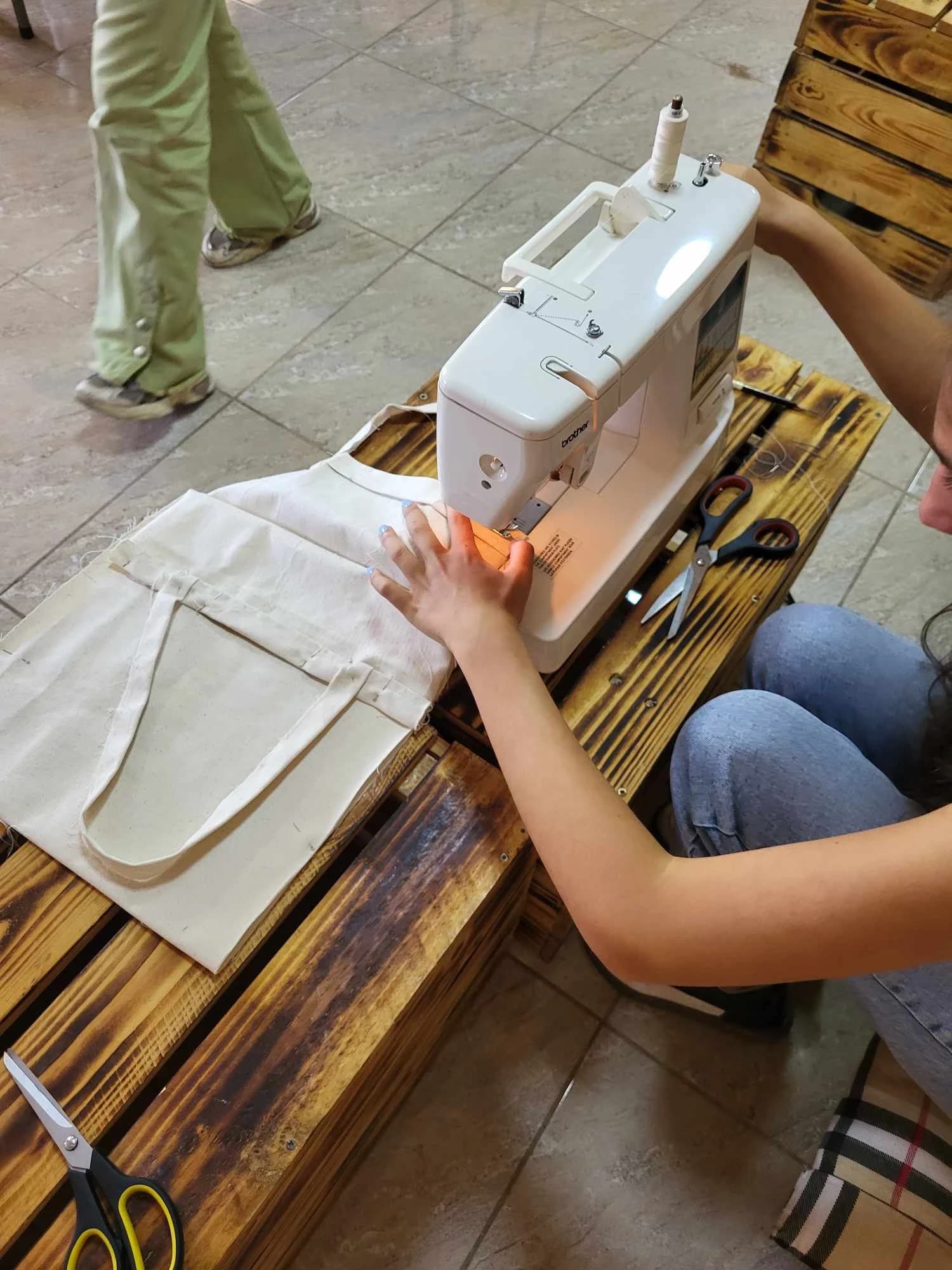
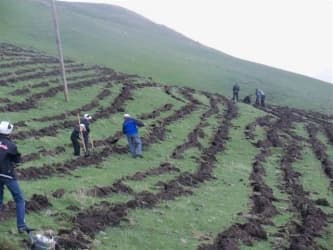
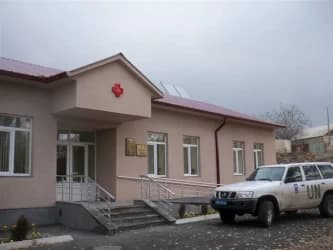
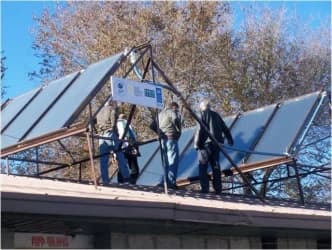
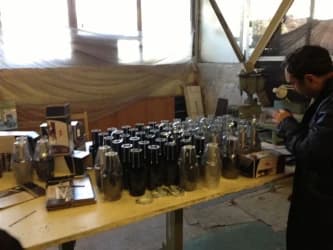
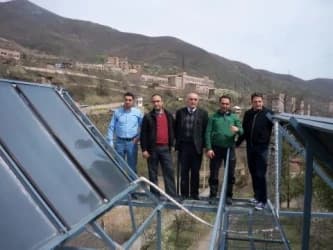

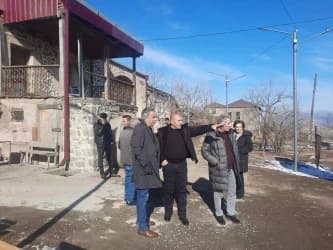
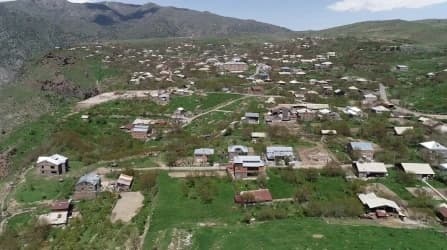

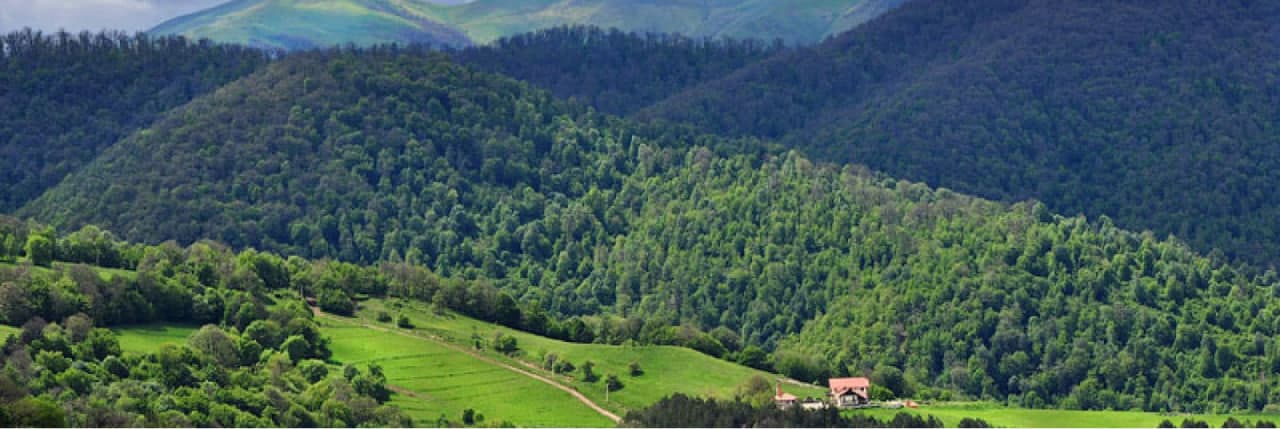
.png&w=3840&q=75)
